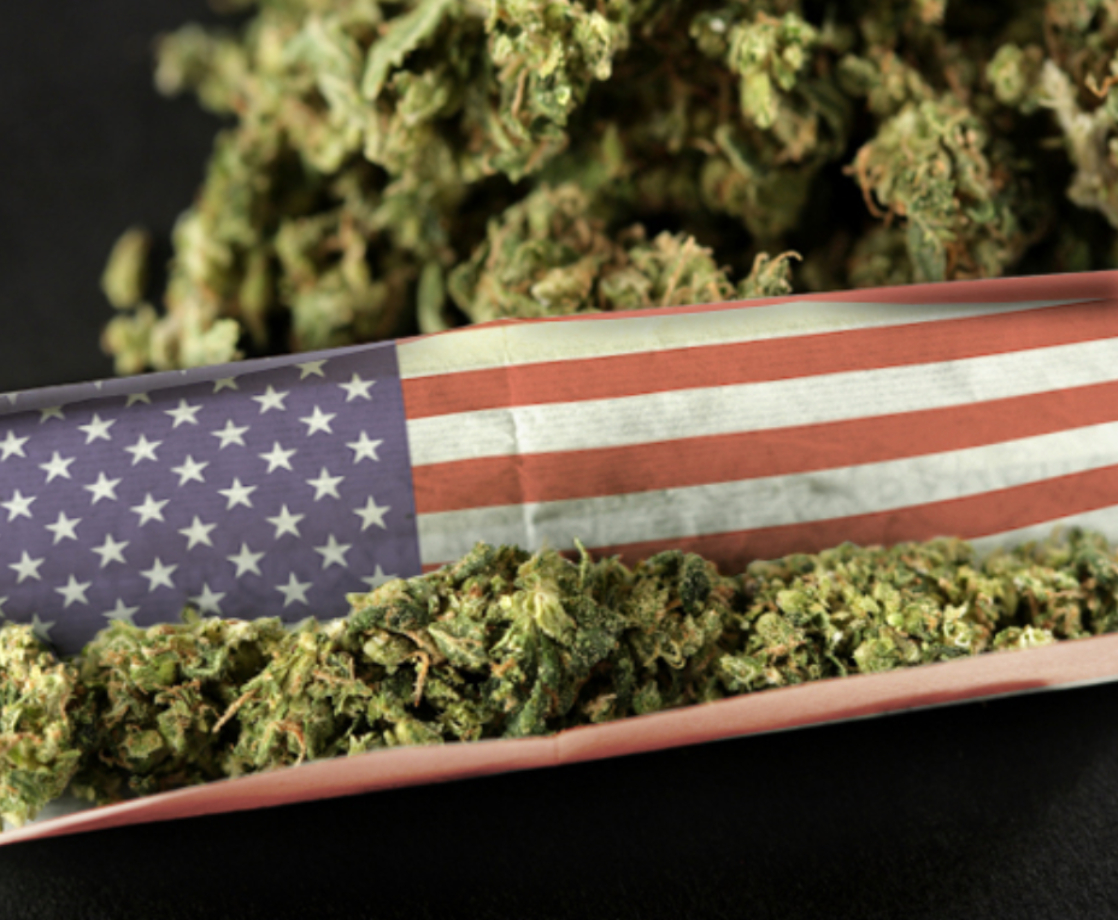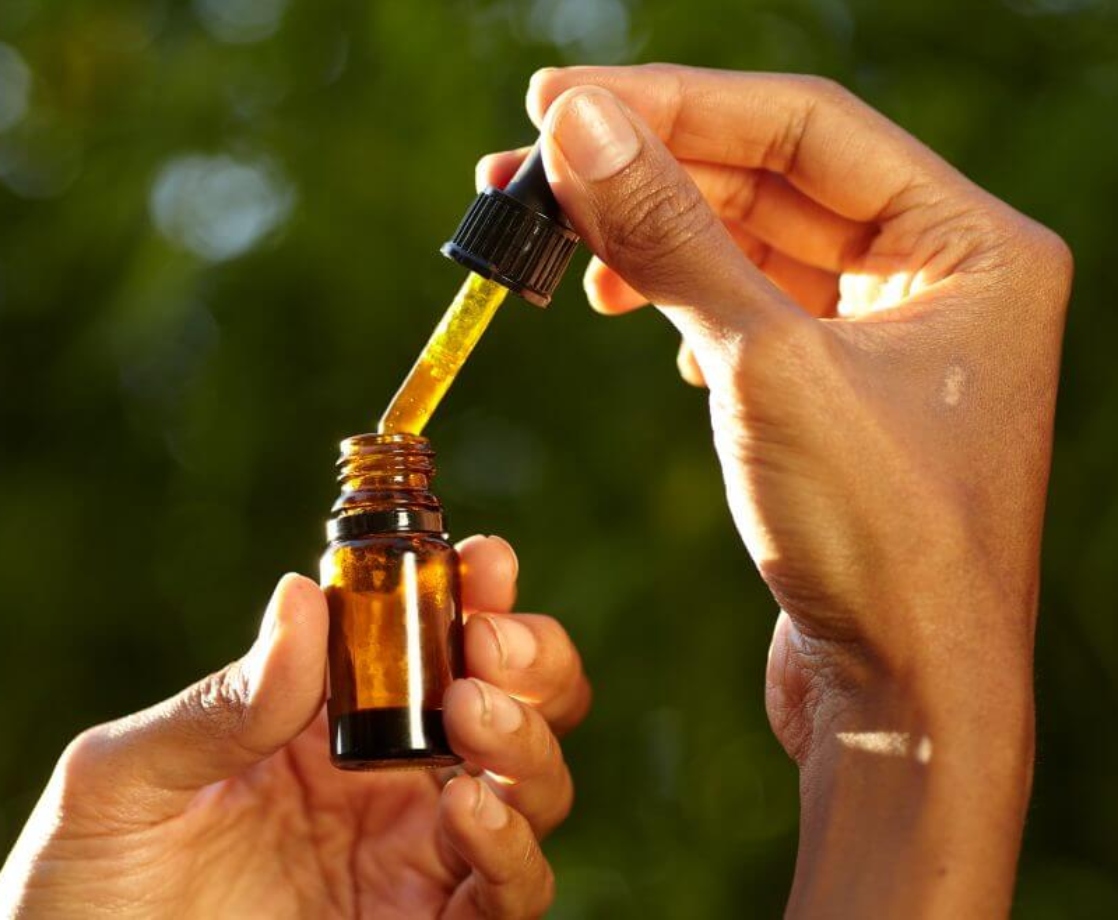Image via
Honduras’ most dangerous drug gang has apparently found a way to adulterate natural cannabis to make it more addictive than cocaine.
MS-13, a gang initially formed in California in the 1990s, now controls much of the illicit drug trade in Honduras. Earlier this year, the gang began selling a new form of synthetic marijuana commonly known as Krispy. The gang has actually made their own version of Krispy, which they call Tiburón, or shark en espanol. This new product is currently two to three times more expensive than regular cannabis flower.
An MS-13 member known as “El Pedro” told VICE World News that there are “a lot of addicts to Tiburón now. It’s almost as addictive as cocaine… Everyone from the youngest kids to really old people consume it now.” Another member, “El Ardilla,” said that the gang sells “around 8,000 to 10,000 lempiras ($328 – $409)” worth of Tiburón every day. When first introduced, it only sold for 30 lempiras ($1.23), but the growing demand has brought the price up to 100 lempiras ($4.11). “It’s our best selling drug,” said El Ardilla.
Why is Tiburón becoming so popular? Unlike natural cannabis, this new drug is highly addictive. But although it’s clear that Krispy has been chemically altered to produce its addictive highs, no one actually knows how this feat has been achieved. Some believe that it may be normal weed that has cocaine baked into it, while others believe it could be a form of synthetic marijuana similar to Spice or K2.
Synthetic marijuana has become increasingly popular throughout the US and other countries that continue to prohibit natural forms of cannabis. These drugs are created by adding psychoactive chemicals to inert weed-like plant material. The illicit chemicals used in this process are entirely unregulated, and have been known to cause vomiting, heart issues, internal bleeding, stupor, and even death. And in some cases, Spice has been found to contain rat poison and other toxic contaminants.
Sanho Tree, director of the drug policy project at the Institute for Policy Studies, told VICE that he believes Tiburón is “a cheap domestic strain [of weed] that’s been fortified by potentially dangerous chemicals to enhance the low potency.” Tree explained that synthetic marijuana manufacturers have “gotten more and more creative with drugs to give the same effects, and we now have no idea what the public health effects could be. It’s pretty bad… You see people totally zombied out on this stuff.”
South American gang expert Douglas Farah said that MS-13 sees “Krispy and Tiburón as their ticket into serious drug trafficking alongside the Mexicans.” The gang currently holds a monopoly on this new creation, which has been selling more and more since Honduras entered into a pandemic lockdown this spring. The expansion of the Tiburón market has also led to an increase in violence, as armed MS-13 members have been fighting to gain more territory to sell more drugs.
“If you’re a Krispy user, you have a lot more of the effects of harder drugs,” Farah added. “What’s really disturbing is their willingness to sell it to anybody. You’re getting younger and younger people, kids even, involved in the consumption of something that’s even more addictive than marijuana. If the health effects are not widely visible yet, they will be soon.”











